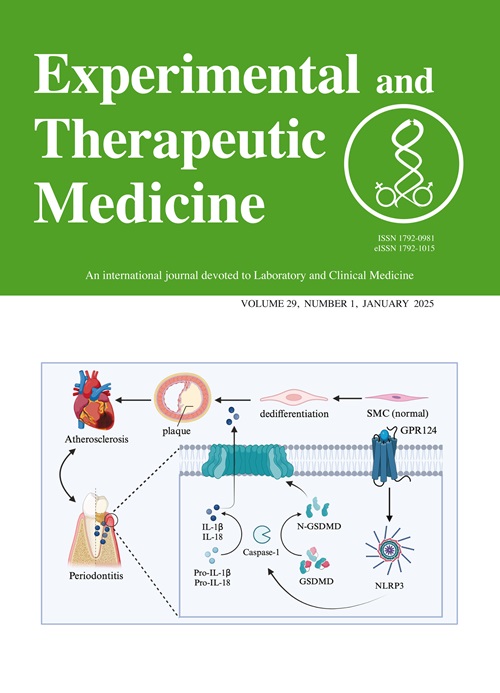Effect of N-acetylglucosamine administration on cartilage metabolism and safety in healthy subjects without symptoms of arthritis: A case report.
Abstract
N-acetylglucosamine (GlcNAc) is a widely accepted treatment for osteoarthritis (OA); however, its effect on healthy individuals is poorly understood. To evaluate the effect of GlcNAc administration on healthy subjects that do not exhibit symptoms of arthritis, the present randomized, double-blind, placebo-controlled study was performed. In the present study, 68 male and female Japanese participants, without symptomatic and radiographic evidence of OA, were enrolled and randomly allocated to receive placebo or GlcNAc (500 or 1,000 mg/day) for 16 weeks. Effects were evaluated using biomarkers for type II collagen degradation and synthesis, collagen type II cleavage (C2C), procollagen type II carboxy-terminal propeptide (PIICP) and their ratio (C2C/PIICP). Furthermore, safety assessments were performed via physical parameters, hematology, blood biochemistry and urinalysis. The results indicated that there was no significant change in the biomarkers for type II collagen degeneration and synthesis during and after the intervention with the placebo and two GlcNAc groups. However, subgroup analysis using subjects with impaired cartilage metabolism (who exhibited enhanced type II collagen degradation and reduced type II collagen synthesis) indicated that the C2C levels were significantly decreased at 8 (P<0.05) and 16 (P<0.01) weeks during the intervention in the two GlcNAc (500 mg and 1,000 mg/day) groups, compared with the placebo group. In contrast, PIICP levels were not notably different in the placebo and two GlcNAc groups. The C2C/PIICP ratio was markedly decreased at 12 and 16 weeks during the intervention in the two GlcNAc groups, compared with the placebo group. Moreover, no supplement-related adverse events were observed during and after the intervention. In conclusion, these observations indicate that oral administration of GlcNAc at doses of 500 and 1,000 mg/day improves cartilage metabolism in healthy subjects without apparent adverse effects.





